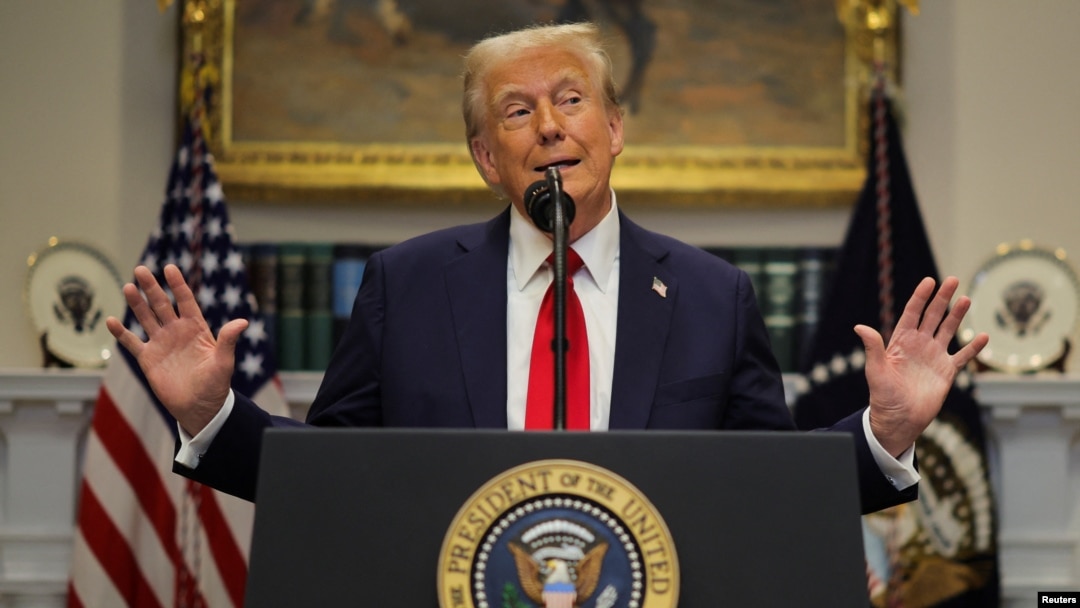On May 9, 2025, U.S. District Court Judge Susan Illston issued an emergency ruling temporarily blocking the Trump administration’s mass layoff plan. This ruling represents the most extensive intervention to date in the Trump administration’s efforts to reshape the federal government, involving the restructuring and personnel cuts of multiple government departments.
Background of the Ruling
In February 2025, the Trump administration issued an executive order calling for a massive restructuring of the federal government, cutting “redundant” positions and programs to reduce administrative costs. The plan, led by the Government Efficiency Department (DOGE) under Elon Musk, involved multiple federal agencies, including the Department of Health and Human Services and the Consumer Financial Protection Bureau. However, this executive order sparked widespread controversy, with multiple unions, non-profit organizations, and local governments filing lawsuits, arguing that the Trump administration’s actions exceeded its constitutional authority.
The Ruling and Its Reasons
In her ruling, Judge Susan Illston pointed out that while the president has the power to seek changes in administrative agencies, large-scale restructuring must be authorized by Congress. She argued that the Trump administration’s attempt to restructure federal agencies without congressional approval violated the principle of separation of powers as stipulated by the Constitution. Judge Illston emphasized that historically, multiple presidents have sought congressional cooperation for government restructuring, and the Trump administration was no exception.
Impact of the Ruling
The ruling dealt a significant blow to the Trump administration’s plans, halting the mass layoffs and project closures involving 24 federal agencies. This ruling not only protected the jobs of tens of thousands of federal employees but also safeguarded the public interest that relies on services provided by these agencies. For example, the mass layoffs at the Department of Health and Human Services had previously led to the interruption of several key programs, affecting heating subsidies for low-income families and chronic disease monitoring programs.
Subsequent Developments
The Trump administration has appealed the ruling, and the case will be submitted to the U.S. Court of Appeals for the Ninth Circuit. Meanwhile, Judge Illston plans to hold a hearing on May 22 to consider whether to extend the injunction. This ruling has sparked widespread discussions across the United States on the balance between executive power and judicial oversight, highlighting the importance of the separation of powers in significant policy changes.
This incident not only reflects the power struggle between the executive and judicial branches in the United States but also highlights the importance of the separation of powers in significant policy changes. The future direction of this case will continue to attract widespread attention, and its outcome may have far-reaching implications for the functioning model and power structure of the U.S. federal government.

